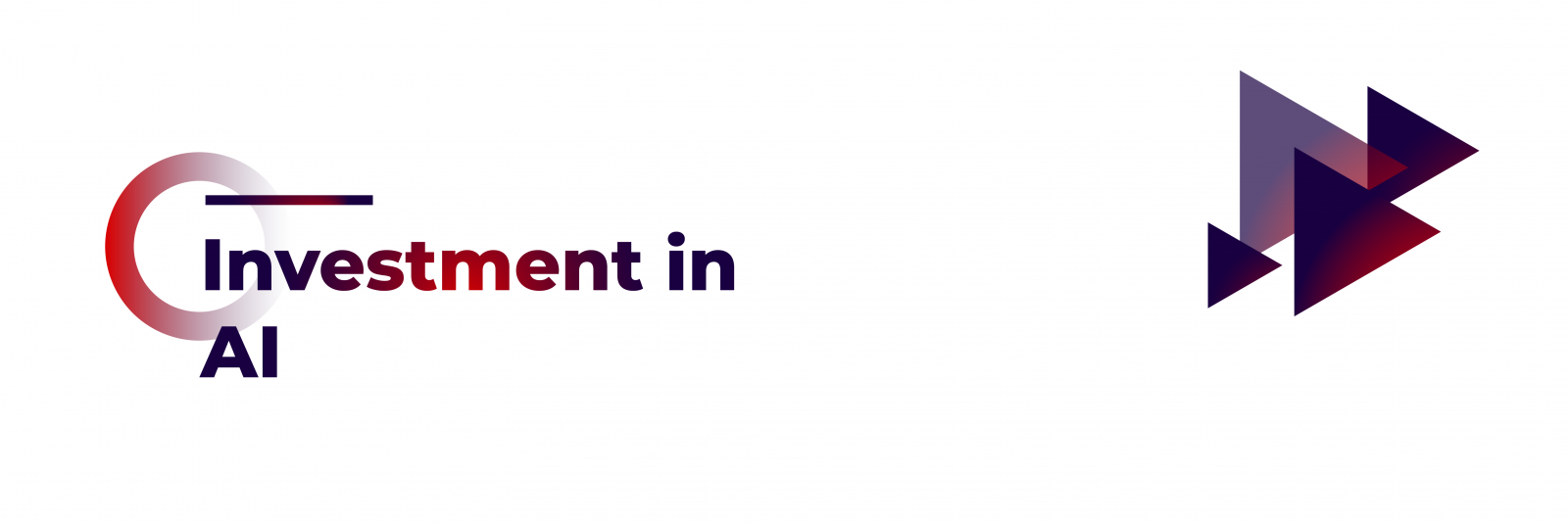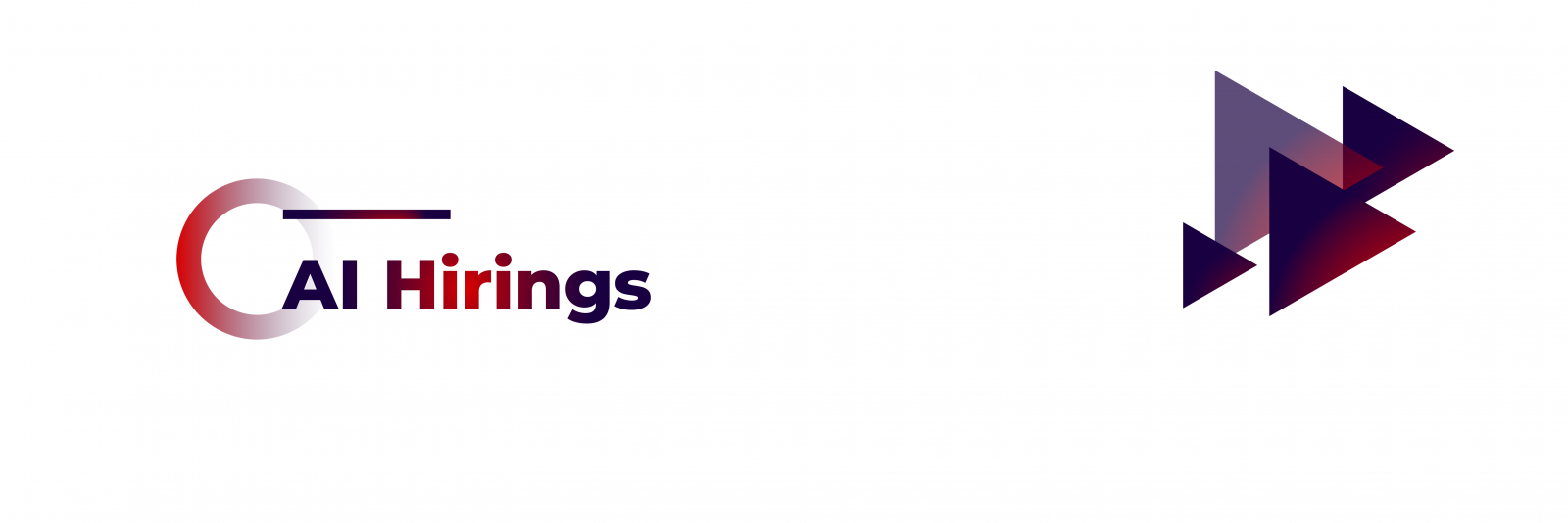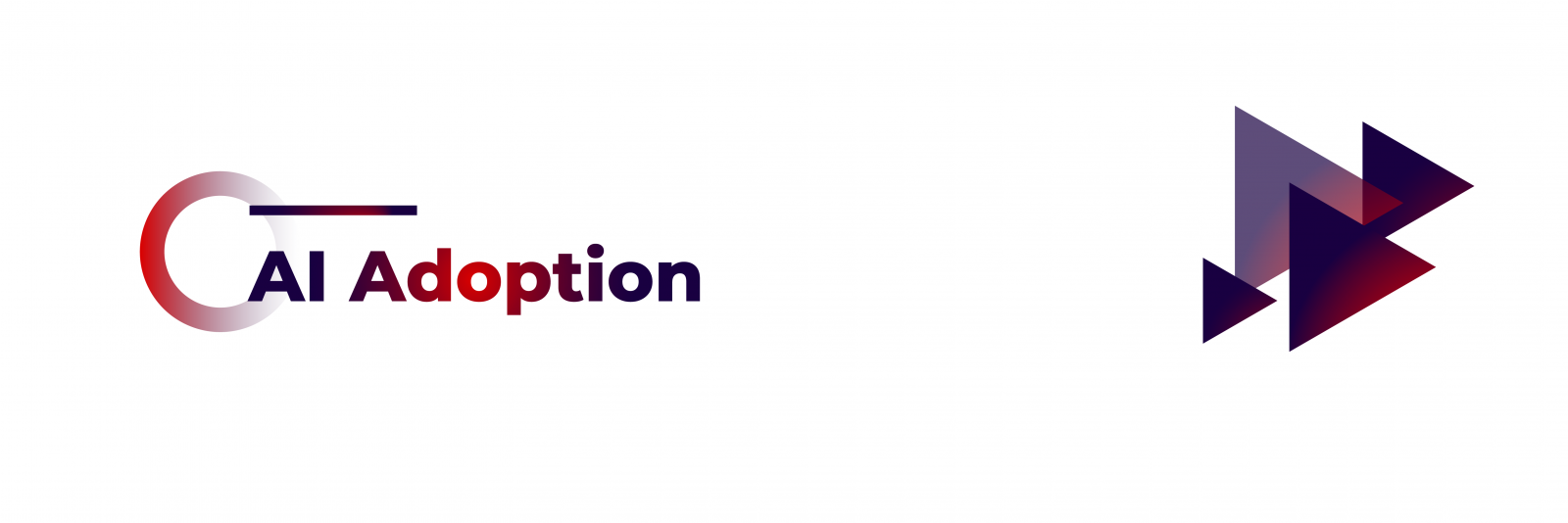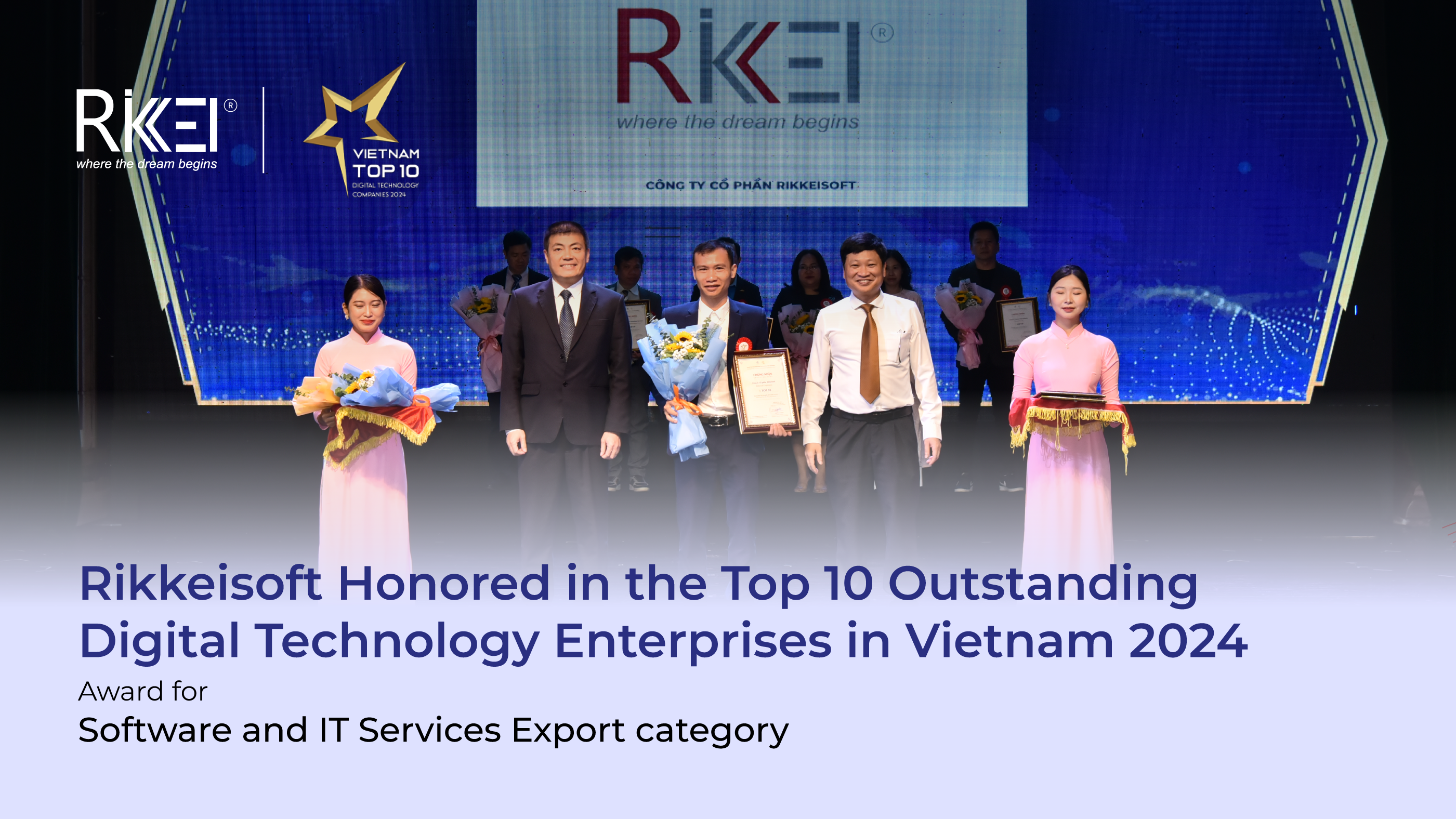One year look back: How Covid-19 affected the development of AI
It is undeniable that COVID-19 has caused chaos and continued uncertainty for the global economy for the past two years. But surprisingly, despite the pandemic’s hit on the economy, the AI industry has shown positive signs of hectic growth from multiple perspectives. Overall in 2020, AI hiring, investment, and adoption significantly increased across the board, creating long-term trends that are here to stay even after the pandemic.

According to The AI Index Report – an annual study of AI impact and progress established by Stanford HAI – the total global investment in AI, including private investment, public offerings, M&A, and minority stakes, increased by 40% in 2020 relative to 2019 for a total of USD 67.9 billion.
In terms of private investment in AI startups, the global trend is that more money is being put into fewer companies. The report showed that there was a 9.3% increase in the amount of private AI investment (equivalent to more than 40B USD) into startups in 2020, while in 2019 the rate was 5.7%. However, the number of newly funded AI companies in the world continued a sharp decrease from its 2017 peak. The U.S remains the front runner for private investments (23.6B USD), while China stands in 2nd place with 9.9B USD, followed by the UK with 1.9B USD.

AI Hirings data from LinkedIn shows that the number of AI hirings grow rapidly in the year 2020. The hiring rate has been surging across countries, in which Brazil, India, Canada, Singapore, and South Africa are the countries with the highest growth rate in AI hirings. It was also interesting to spot that hiring in the U.S. grew more slowly than in other countries, like Canada, Brazil, and South Africa. Indeed, the U.S. saw a decline in total AI job postings between 2019 and 2020 — from about 325,000 jobs to about 300,000 jobs. Some experts explain this event happens because the U.S is in fact further along the mass hiring stage of AI engineers, they are now a lot more mature and therefore more stable in terms of hiring numbers.
Hiring demand going forward also suggests that AI’s application will soon become a “general-purpose” technology, like electricity, since AI can cut across almost all industries and the application of AI is indeed a wide-open door according to experts.

The pandemic has paved the way for AI to enter businesses and proved its proficiency quicker than ever. In the new study, Thriving in an AI world, conducted by KPMG, a large number of business owners and government leaders stated that AI has now played a moderately to fully functional role within their organizations. The rate of AI adoption sky-rocketed during the Covid-19 pandemic, among which Industrial Manufacturing leads the poll at 93%, following Financial Services, Tech, and Retail at 84%, 83%, and 81% respectively. All three sectors including Financial Services, Tech, and Retail witnessed a great upward trend from the previous year of at least a 20% increase point, which clearly shows the businesses’ urge to apply AI in order to support and avoid discontinue of their operation.
Based on another report by McKinsey & Company – “The State of AI in 2020”, Machine learning, robotic process automation (RPA), and computer vision appear to be the most popular AI technologies to be adopted across domains. Industries are likely to adopt AI capabilities that best serve their core functions. While Natural language processing (NLP) including text understanding, speech understanding, and text generation is frequently adopted by industries with high volumes of customer or operational data in text forms such as financial services, healthcare, and telecom; physical robotics, as well as autonomous vehicles, are most frequently adopted by industries where manufacturing and distribution play a larger role—such as automotive and assembly, and consumer goods and retail.

Business leaders from both small and large companies say that AI helped their business, particularly during the Covid outbreak. While healthcare business leaders believe in the ability of AI to monitor the spread of COVID-19 cases, and help tremendously with vaccine development and distribution; in other sectors such as financial services, leaders are also confident that AI will be the game changer factor to help their company identify fraud, or in the public sector where decision-makers are certain in AI’s ability to improve bureaucratic efficiency.
The initial index also indicates that mentions of AI in corporate earnings calls have increased substantially and in 2020, the number of mentions of AI in earning calls was two times higher than mentions of big data, cloud, and machine learning combined. This has partly spoken volumes about the rising awareness of business leaders about the role of AI in their operation, as well as the contribution of AI adoption to increasing revenue and cutting costs of businesses.
It is obvious that AI has been given a little push by the pandemic to accelerate, but some also worry that it may be moving too fast. Concerns focus mainly on the regulations needed to be set to ensure ethical AI technology and adoption, while some others think that companies will have to step up their game in changing broad contextual, including business process, leaders mindset, etc, in order to get the most of the technology.
More From Newsroom

June 24, 2025
Rikkei Japan Officially Recognized as a Great Place to Work®
Marking a significant milestone in Rikkeisoft’s global journey, Rikkei Japan was officially certified as a Great Place to Work® in June 2025 – becoming one of the few Vietnamese tech companies in Japan to receive this prestigious recognition. This achievement holds even greater meaning as Rikkei Japan approaches its 10th anniversary, underscoring nearly a decade of […]

November 28, 2024
Sumitomo Corporation and Rikkeisoft Corporation Have Entered Strategic Partnership to Drive Global Digital Transformation
Tokyo, November 2024, Sumitomo Corporation and Rikkeisoft Corporation today announced a strategic partnership aimed at mutual business growth and synergy creation. The agreement underscores Sumitomo Corporation’s recognition of Rikkeisoft’s capabilities and promising growth trajectory. Sumitomo Corporation – a Fortune Global 500 company – is confident that Rikkeisoft – a premier technology services provider – will […]

October 23, 2024
Rikkeisoft Establishes RKSoft as Official Subsidiary in South Korea
Since October 2024, Rikkeisoft has officially made its way to South Korea with its subsidiary placed in Sparkplus Gangnam, 327 Gangnam-daero, Seocho District, Seoul, South Korea. With the expansion to this promising IT market, our Korean subsidiary, RKSoft, will represent Rikkeisoft’s commitment to spread the value and enhance collaboration with Korean businesses. Currently Vice President […]

October 16, 2024
RKTech Welcomes Mr. Bradley LaLonde as New Advisor
RKTech is thrilled to announce the appointment of Mr. Bradley Lalonde to its esteemed Board of Advisors. Formerly the Executive Director of AmCham Vietnam, Bradley brings a wealth of experience and expertise to RKTech, having built a remarkable career across various leadership positions. Bradley’s impressive journey began at Citibank, where he held the prestigious role […]

September 23, 2024
Rikkeisoft Honored In The Top 10 Outstanding Digital Technology Enterprises In Vietnam 2024
Rikkeisoft was recognized by the Vietnam Software and IT Services Association (VINASA) as one of the Outstanding Digital Technology Enterprises in Vietnam 2024 in the Software and IT Services Export category. This prestigious award acknowledges Rikkeisoft’s remarkable achievements in expanding its business into international markets. In a statement from the organizing committee, Mr. Ngo Dien Hy, […]

August 19, 2024
Rikkeisoft Recognized as the Sole Vietnamese Winner of the Stevie® Award for Achievement in International Expansion
Rikkeisoft, a leading software development and IT solutions company based in Vietnam, was named winner of the Bronze Stevie® Award for “Achievement in International Expansion” at the 2024 International Business Awards®. This recognition marks Rikkeisoft’s second consecutive year receiving this prestigious accolade. The International Business Awards®, established in 2002, are part of the Stevie® Awards, […]

